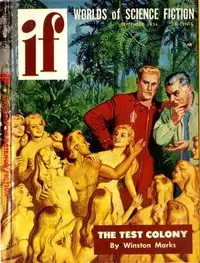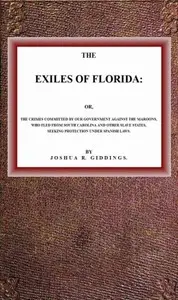"The Tragedy of Coriolanus" by William Shakespeare is a dramatic play written during the early 17th century, exploring themes of power, pride, and the complexities of political life in ancient Rome. The central character, Caius Martius Coriolanus, is a proud Roman general whose disdain for the common people and political machinations lead to his tragic downfall. The play delves into his struggles with both personal ambition and the public’s perception, illustrating the tensions between the patricians and the plebeians. The opening of the play sets the stage in Rome, where citizens are in a state of unrest due to food shortages and the perceived negligence of the patricians, particularly Martius, who is seen as their enemy. A group of rebellious citizens expresses their frustration and seeks revenge against Martius, whom they blame for their suffering. This initial scene introduces key themes of class conflict and introduces Martius, who arrives amid the citizens' rage, further igniting the tension. His confrontational attitude towards the plebeians foreshadows the conflict that will unfold as he grapples with his identity and the consequences of his pride. (This is an automatically generated summary.)

The Tragedy of Coriolanus
By William Shakespeare
"The Tragedy of Coriolanus" by William Shakespeare is a dramatic play written during the early 17th century, exploring themes of power, pride, and the...
William Shakespeare was an English playwright, poet and actor. He is widely regarded as the greatest writer in the English language and the world's pre-eminent dramatist. He is often called England's national poet and the "Bard of Avon". His extant works, including collaborations, consist of some 39 plays, 154 sonnets, three long narrative poems and a few other verses, some of uncertain authorship. His plays have been translated into every major living language and are performed more often than those of any other playwright. Shakespeare remains arguably the most influential writer in the English language, and his works continue to be studied and reinterpreted.












